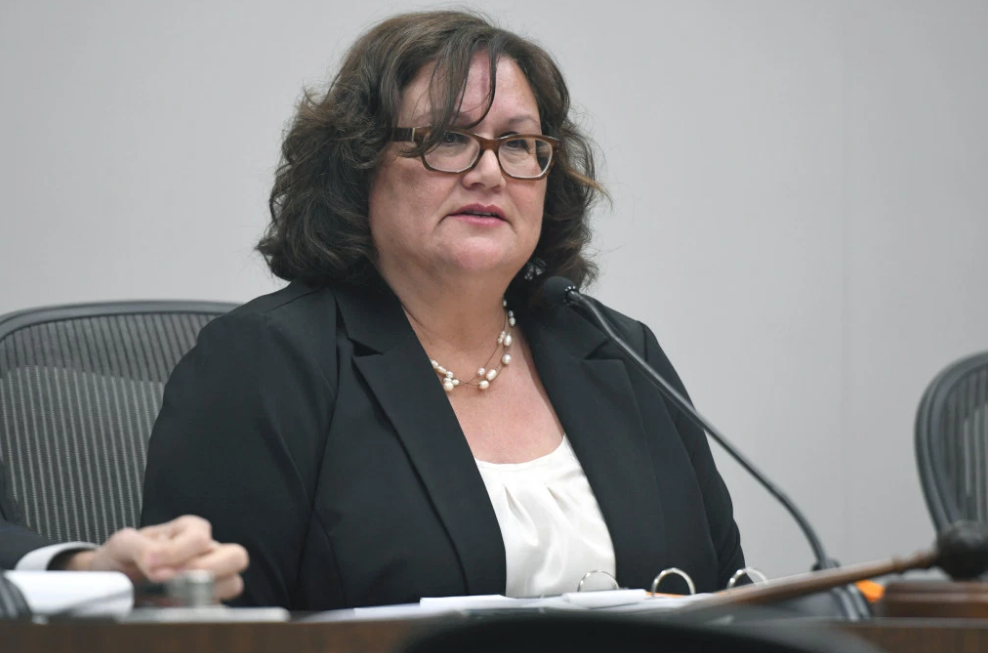Santa Barbara Gives Green Energy Plan the Green Light
City to Begin Buying and Selling Renewable Energy to Meet Residents’ Electrical Needs by 2021

What was first launched as a far-fetched environmental scheme 13 years ago — local governments buying and selling renewable energy to meet residents’ electrical needs — became a reality this week with the Santa Barbara City Council’s unanimous approval, matching a similar effort approved by the county supervisors last week. The cities of Goleta, Carpinteria, and Guadalupe are poised to do the same, all propelled by the climate crisis and assurances that “community choice” plans, as they are called, are economically viable.
The City of Santa Barbara, as is often the case, has chosen a separate path from the other local governments. Councilmembers cited increased local control, speed of implementation — by 2021 — and the option to invest in new micro-grid infrastructure that could enhance the “resiliency” of Southern California Edison’s outdated infrastructure.
All governmental entities involved are aspiring to the goal of 100 percent renewable electricity by 2030. (Major utility companies are required by law to generate 80 percent of their power via renewables by that same year.) In this context, community choice has been hailed by supporters as “a magic bullet,” because it can reportedly satisfy 25 percent of the electricity needed by city residents.
Under community choice plans, local governments can directly purchase electricity from renewable generators that major utility companies — like Edison and PG&E — are required to carry on their power lines. They can then sell that electricity to residents. City planner Matt Fore estimated this green electricity will cost the average residential customer about $6 more per bill.
Fore estimated it would cost $4 million for the program to get off the ground and take about five years for it to become financially stable. He warned councilmembers they will have to deal with ratepayer ire over any billing glitches and intermittent power outages. Councilmember Randy Rowse, skeptically cautious in his support, stressed that reliability of service will be essential. Several councilmembers recognized the Community Environmental Council and the League of Women Voters for relentlessly pushing community choice, which appeared dead on arrival several times in recent years because of negative economic reviews. “This is really an important vote today,” said Mayor Cathy Murillo.



